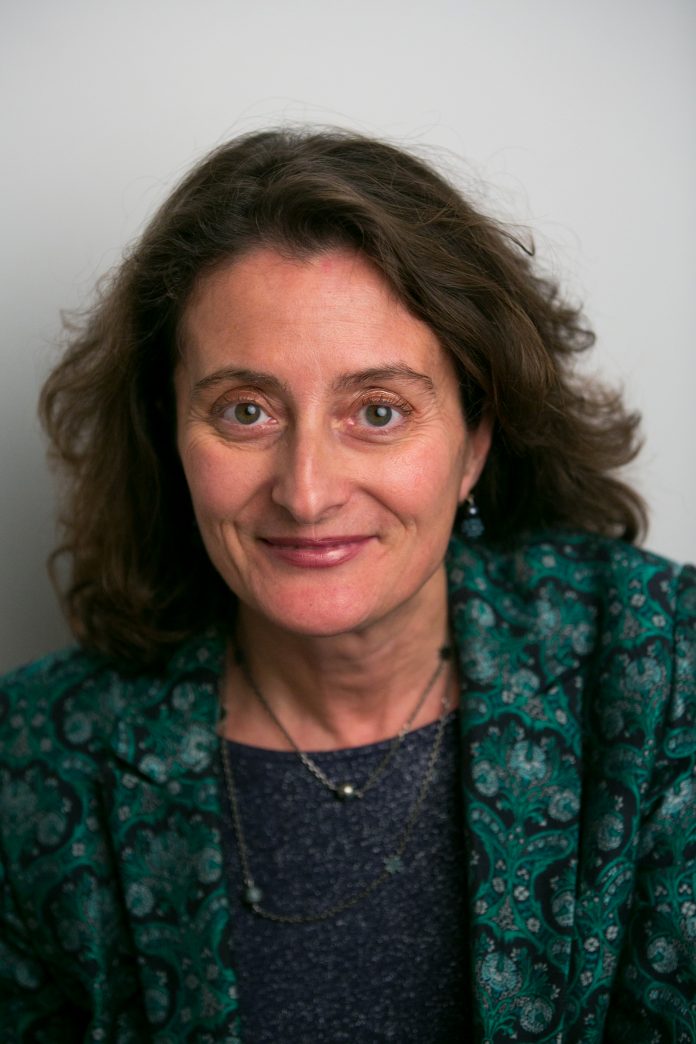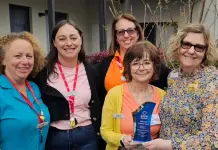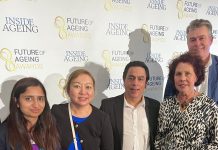Coinciding with Dementia Action Week (16-22 September) and September being World Alzheimer’s Month, Paola Barbarino, CEO of Alzheimer’s Disease International shares her views on the changing attitudes to dementia following advancements in dementia treatments.
The level of drug development for the treatment of Alzheimer’s Disease and dementia is more active now than at any point in the last 30 years. It’s an exciting time and while questions remain around the efficacy and safety of these new and emerging drugs, this rapid development period is helping change attitudes towards diagnosis, previously a huge barrier to people seeking help and support. This is a positive development
Over 90 per cent of the 40,000 people surveyed by Alzheimer’s Disease International across 166 countries and territories for our 2024 World Alzheimers Report, said they would pursue a diagnosis for dementia if they knew an effective therapy was available.
This statistic preview is taken from the upcoming World Alzheimer’s Report, released annually by ADI. This year, the report will be released on Friday, 20 September, on the eve of World Alzheimer’s Day.
A number this high is a promising indication of the hope that new treatments could bring, considering 75 per cent of people are currently undiagnosed and 85 per cent of people are not accessing post-diagnostic support which reduces the time available to live well with dementia.
A major factor in this change in attitudes could be an increase in awareness about dementia, new disease-modifying treatments being approved worldwide, and breakthroughs in diagnostics.
Unfortunately, many healthcare systems are under-prepared for any kind of increase in demand, with many people currently waiting years for a diagnosis; precious time that they cannot afford to lose.
Even in higher-income countries, there is a lack of specialists and scanners, integral elements at present of an improved diagnosis and post-diagnosis journey.
Time is a precious thing for people living with dementia and a timely diagnosis can unlock a whole raft of information, advice and support, enabling people to adjust, live well, live at home and stay engaged in the community, with their family, even remain at work, with a combination of treatment and support. And let us be clear that regardless of any new advancement, care and support continue to be our most important tool in helping our loved ones living with dementia and their families live a better life.
We have been calling for years on governments and health systems to prepare for scientific advances that have been on the horizon. There is no better way to be prepared than to develop a National Dementia plan that considers all the facets of dementia and Alzheimers, from risk reduction to diagnosis, from care to dementia inclusivity and so on.
However, frustratingly, just 39 governments have so far come good on their commitment to developing a National Dementia Plan, 194 have signed up to do so in 2017, when the World Health Organization (WHO) launched the Global Action Plan on the public health response to dementia.
It is hard to understand why but some factors are emerging as powerful barriers: lack of resources and expertise, a concern about the cost of care, a dose of ageism and general ignorance about what Alzheimer’s and dementia are. In this year’s survey, 65% of healthcare practitioners (even more than in 2019) said that they considered dementia to be a normal part of ageing!
Australia has been a leading country in terms of dementia strategy and the Ministry of Health is scheduled to launch a new national dementia plan this year.
Dementia Australia says dementia is the second leading cause of death in Australia, yet it remains a challenging and often misunderstood condition which is why education and awareness are such an integral part of their work.
While there are encouraging signs that awareness of dementia as a treatable condition may be improving, global awareness levels remain low, and stigma still pervades.
Most people now have some kind of experience with or around dementia, whether it be through their own family, relatives or those in their community. People understand it’s a challenging condition, not only for the person diagnosed but their carers and wider society.
However, that experience can also lead to stigma, including self-stigma, denial or non-recognition of symptoms, when the arise. It’s perfectly understandable why the drive for diagnosis would be higher once awareness of treatments increases, and a pathway to a diagnosis, starting with a conversation with your doctor, is demystified. The report explains stigma, its rise and how to defy it and it is an important read for all in the sector who want to help and work with us all to change attitudes around dementia.
There is now an urgency in raising awareness and helping to change attitudes to dementia, to move away from the wrongly held belief that it is a normal part of ageing and into the space of a chronic condition that has treatment and care options.
This is why the 2024 World Alzheimer’s Month campaign is themed ‘#TimeToActOnDementia’ and ‘#TimeToActOnAlzheimers.’ We’re challenging everyone to reflect on their attitudes towards dementia while highlighting that these issues are not just future concerns—they are problems we face today. The time to act is now.
Five years ago, in 2019 more than 55 million people worldwide lived with dementia and this number is rising substantially and quickly to 139 million by 2050, according to WHO data.
Please join Dementia Australia and your local Alzheimer and/or dementia charity in helping spread awareness of dementia wherever you are. If you think there is nothing we can do think again! We are becoming a powerful movement all over the world and if you join your voice it will help us all and we won’t go unheard. The time to act is now!










